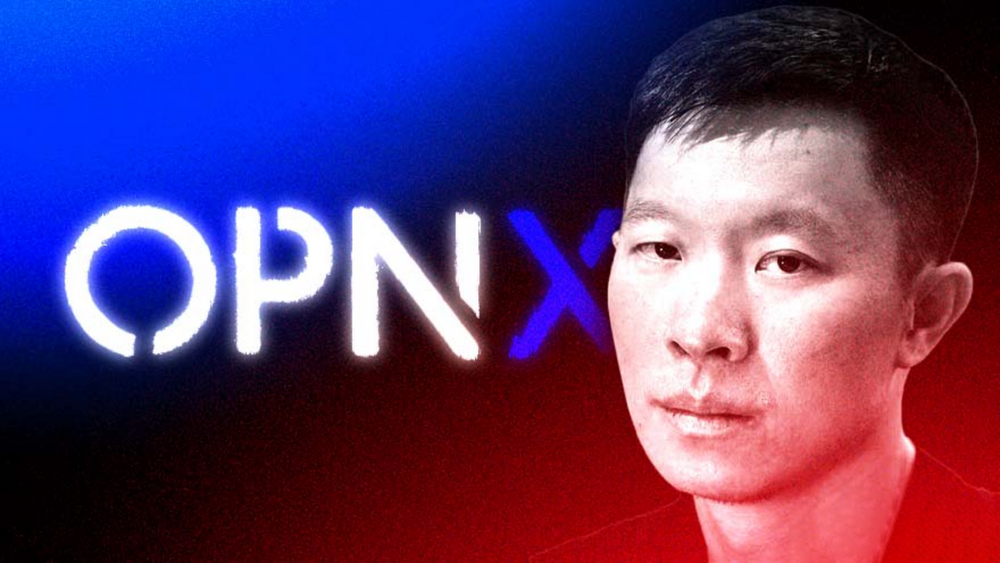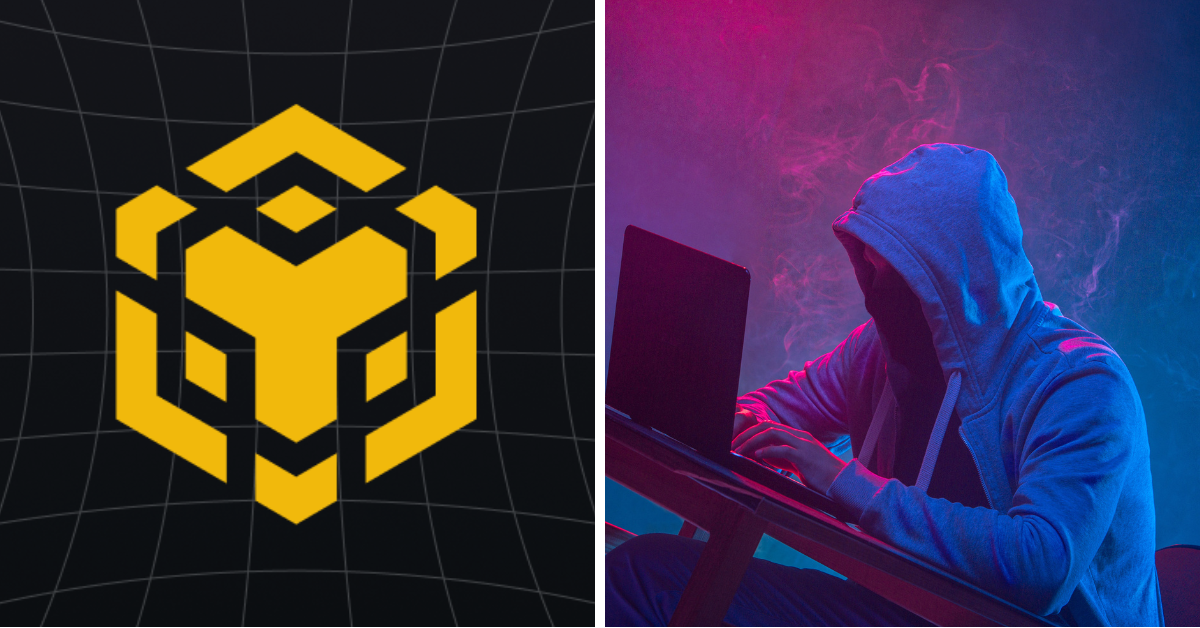Is New York the benchmark for exchange compliance? The 19th BitLicense is released, and compliance supervision steps into the fast lane.
Bitstamp, Europe's largest cryptocurrency exchange, is now officially able to conduct cryptocurrency trading services in New York, USA. The exchange has just received a BitLicense license from the New York Financial Services Authority (NYDFS), making it the 19th company to receive this license. The exchange is permitted to provide Bitcoin, Litecoin, Bitcoin Cash, Ethereum and XRP trading pairs to New York State residents.

(Source: pixabay )
Bitstamp first applied for a license in June 2015, when NYDFS developed the state's landmark law, BitLicense.
- Is it planned to phase out the virtual currency mining business, will it accelerate the de-mining of mining?
- Market Analysis: EOS continues to fluctuate, can it continue to stimulate the market?
- Focus on safe and fair services, what should be done on the BaseFEX futures exchange on the BNB, HT and OKB futures?
Bitstamp CEO Nejc Kodrič said the exchange was one of the first 22 license applicants. Although New York regulators issued only a small number of licenses in the first few years, granting BitLicenses, which NYRDS has recently called "virtual currency licenses", seems increasingly routine. Kodrič said, "This year we were (the fifth) approved, so I think the pace of NYDFS is accelerating."
For Bitstamp, which has always focused on the European market, getting BitLicense is definitely good news. Now it will be easier to enter the US cryptocurrency trading ecosystem and expand its presence in large North American markets.
In New York State, where regulatory restrictions are severe, getting BitLicense is no easy task. In order to obtain this coveted license, companies must comply with a string of strict requirements related to consumer protection.
Many individuals in the cryptocurrency field are critical of BitLicense for a very good reason. For example, BitLicense limits the development of the emerging cryptocurrency market and hinders innovation. However, Bitstamp claims that obtaining this license essentially proves that its operations are in line with “high standards that traditional financial institutions also follow”.
By 2019, the big brokerage firm Tagomi, the stock trading application Robinhood, the Bitcoin ATM operator Cottonwood Vending and LibertyX have received a coveted license.
To achieve this, Bitstamp and NYDFS discussed various aspects of the operation of the exchange, Kodrič explained:
“How around how the matching engine works, how we store cryptocurrencies, how we conduct audits, etc. This license is a set of rules and procedures that you must follow every day, so once you follow, you can ( Get BitLicense)."
The following is a list of some BitLicenses that have been obtained (in chronological order):
- Circle (September 2015)
- Ruibo Company (June 2016)
- Coinbase (January 2017)
- biFlyer (July 2017)
- Genesis Global Trading (May 2018)
- Xapo (2018.06)
- Square(2018.06)
- BitPay (2018.07)
- unknown
- unknown
- unknown
- Coinsource (2018.11)
- unknown
- New York Digital Investment Group (NYDIG) (2018.11)
- Robinhood (2019.01)
- LibertyX (2019.01)
- Cottonwood Vending LLC (2019.01)
- Tagomi Trading LLC (2019.03)
- Bitstamp (2019.04)
We will continue to update Blocking; if you have any questions or suggestions, please contact us!
Was this article helpful?
93 out of 132 found this helpful
Related articles
- IEO disillusionment: Who is destroying the market?
- MUFG, the world's fifth largest bank, plans to put its digital currency into actual use this year.
- Floating Shenji – Memories of the blockchain era (Part 1)
- Babbitt column | Blockchain information service filing practice FAQ
- Getting started with blockchain | USDT off-market price is more than 7 yuan, why is unstable currency unstable?
- Understand the decentralized identity: Where is the bottleneck? Which solution is right?
- Gu Yanxi: The SEC's supervision






